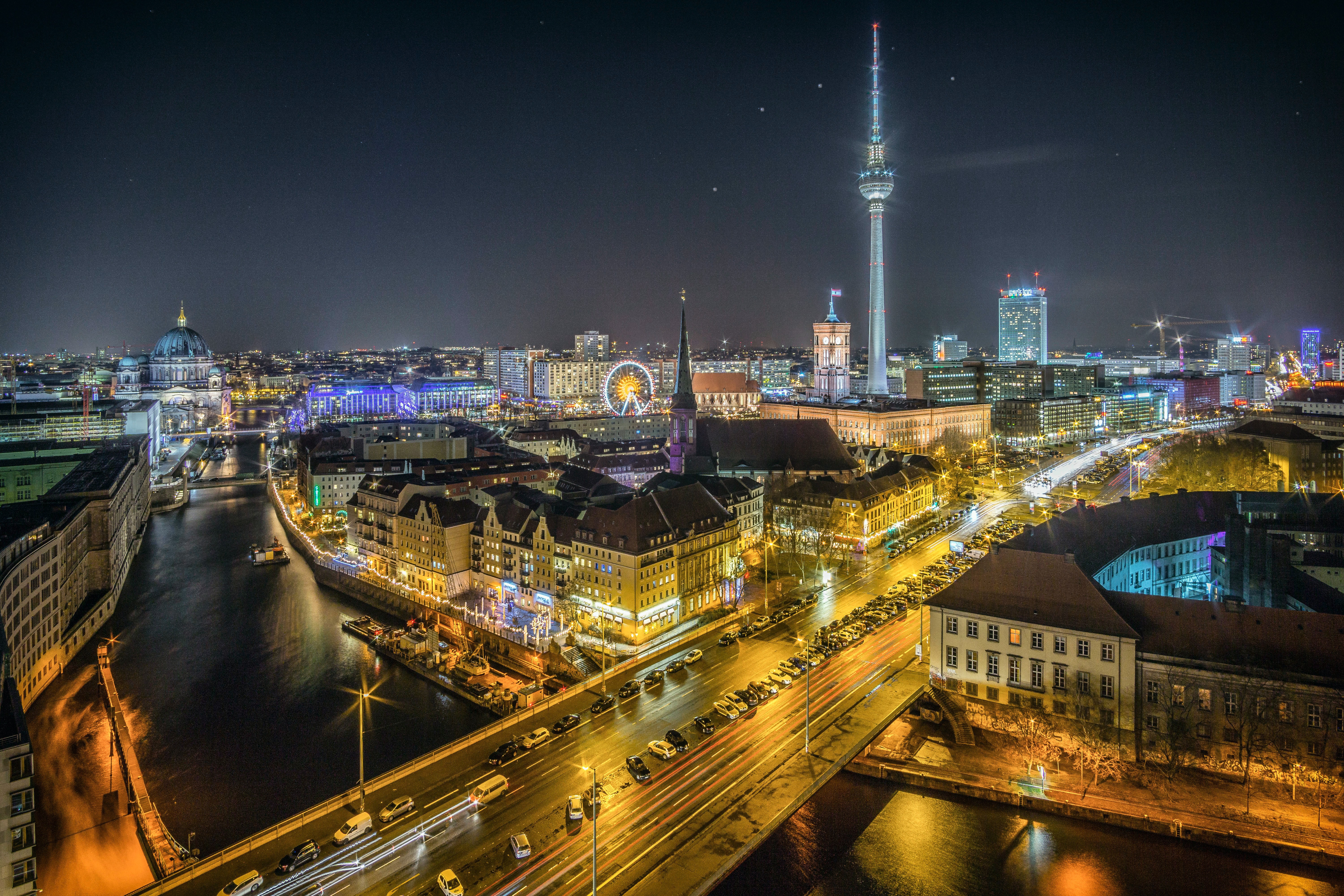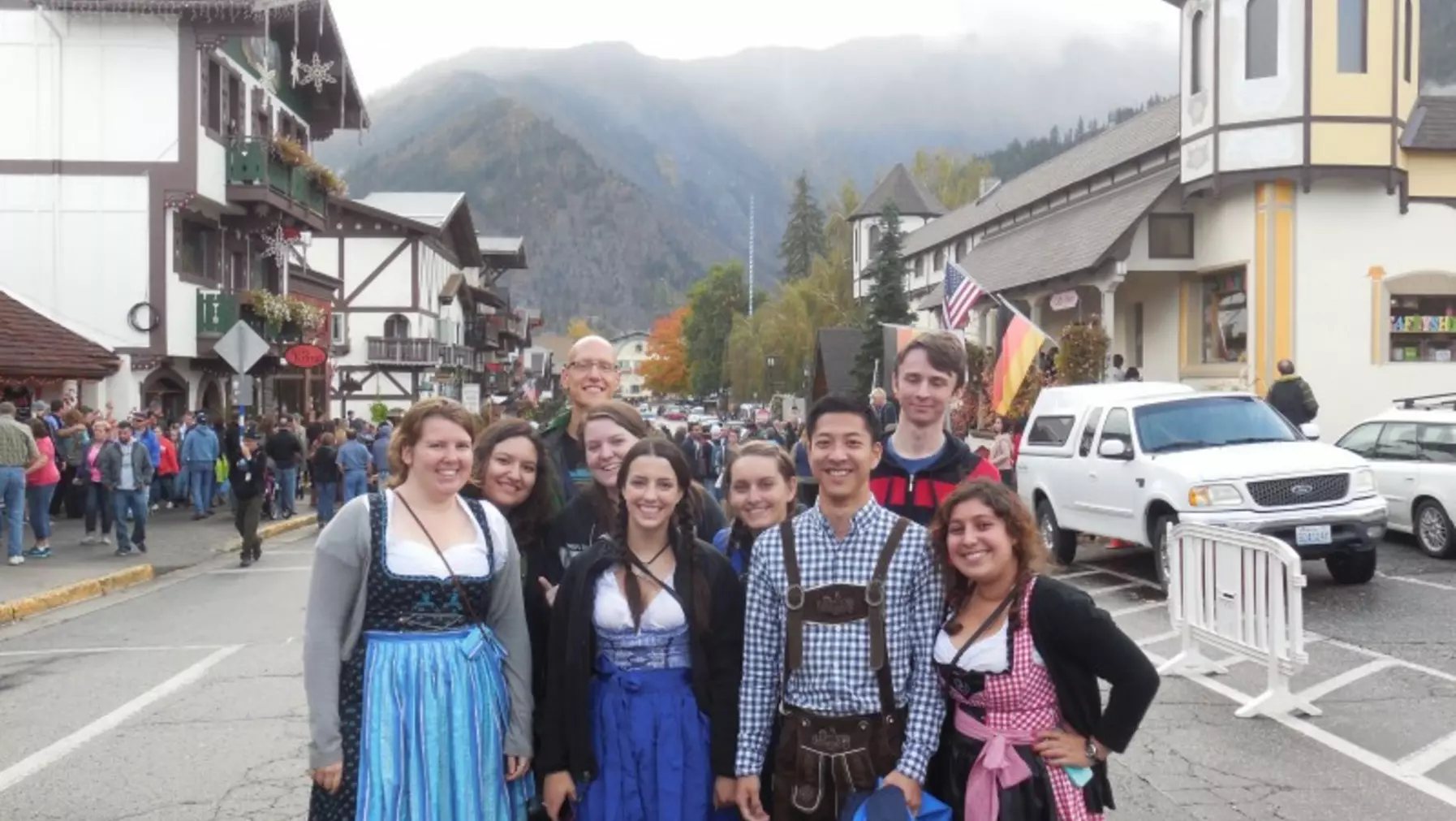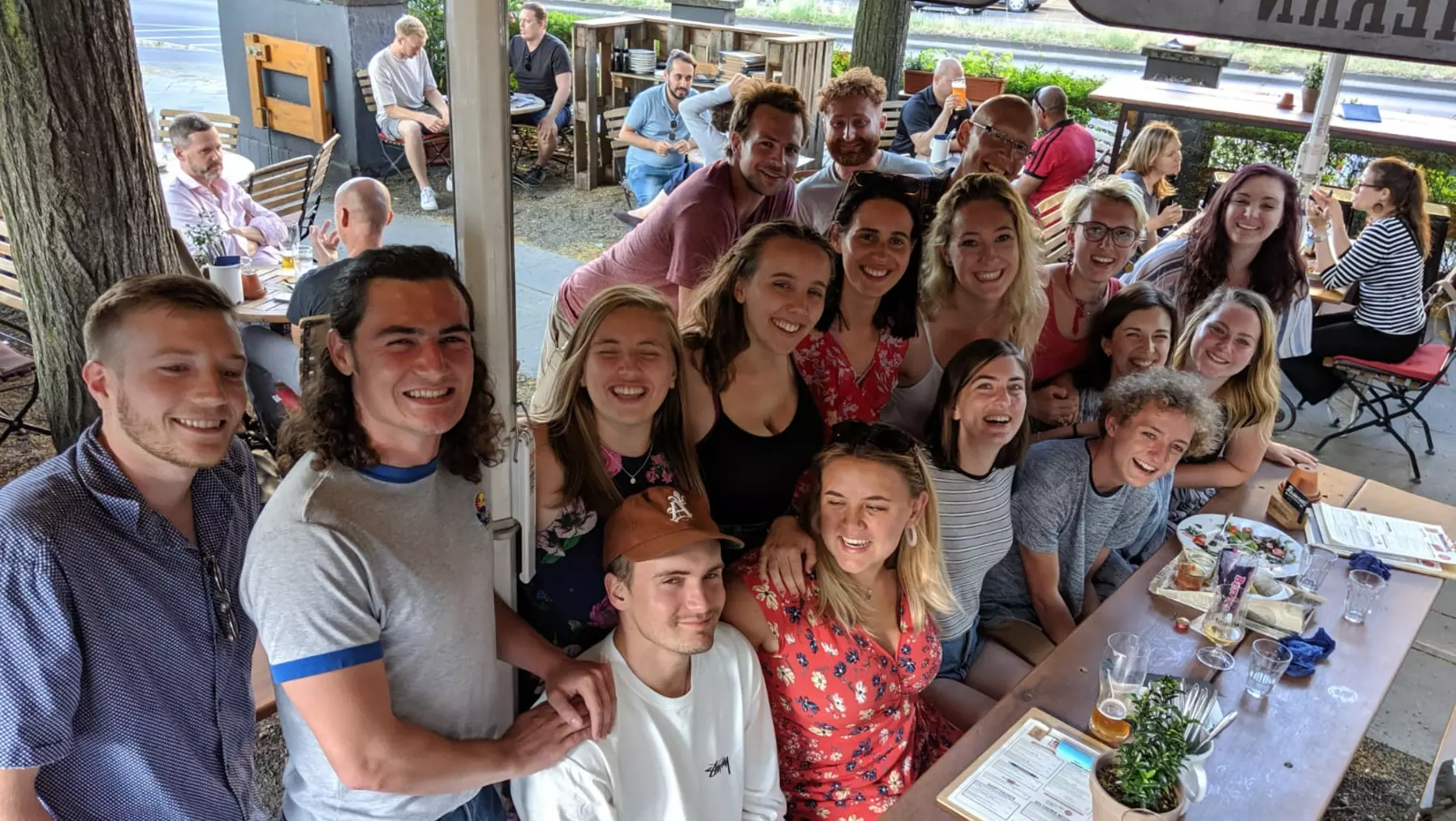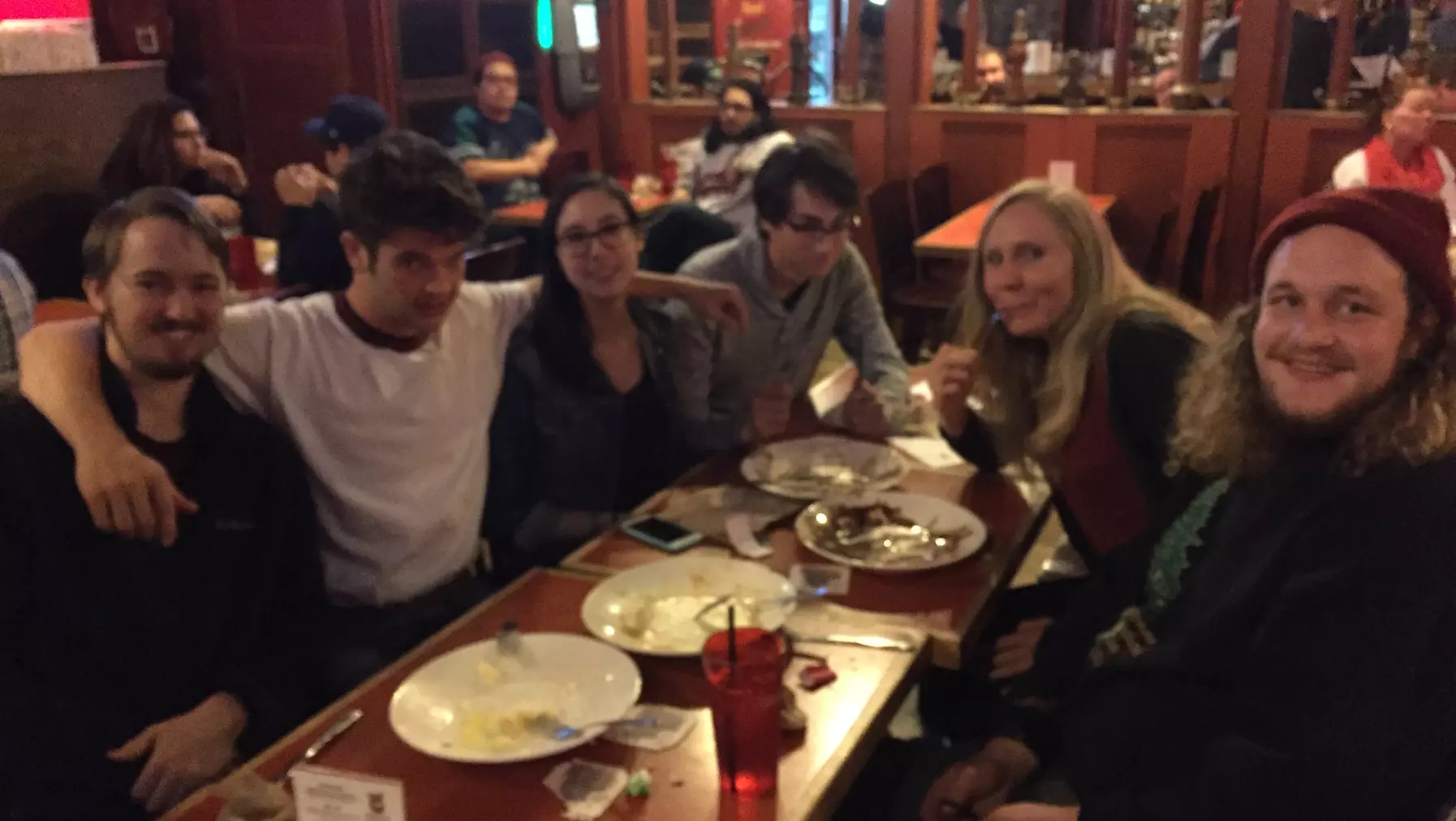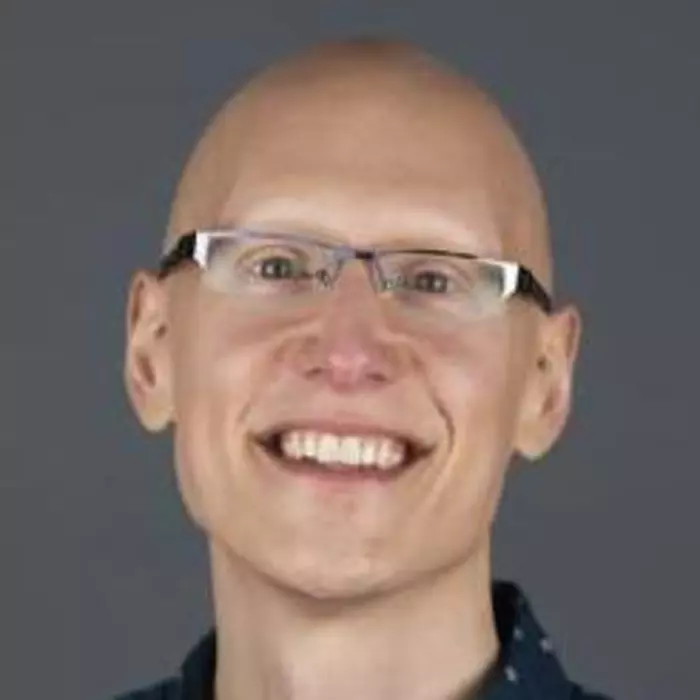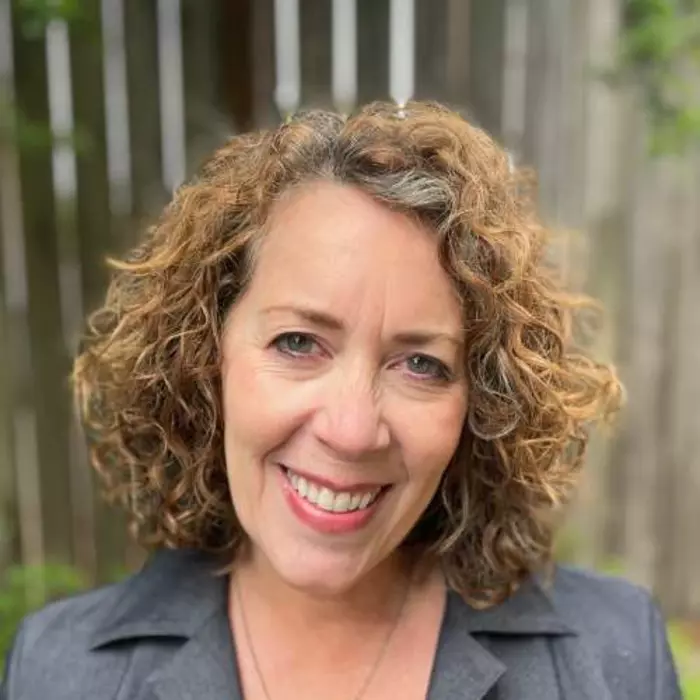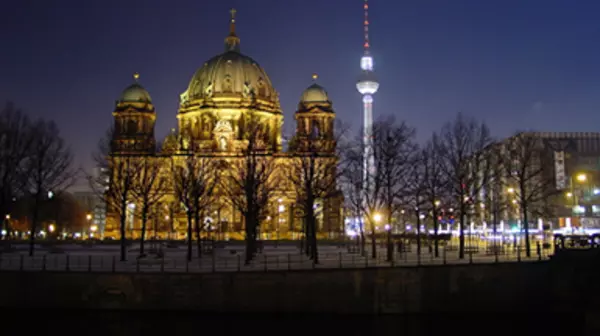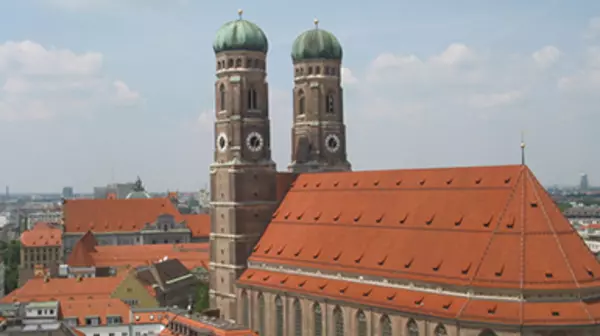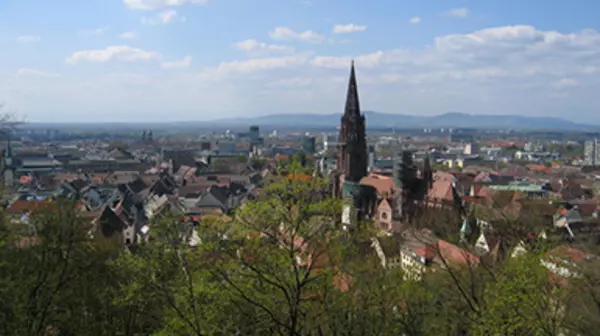In German studies, students explore the diverse and fascinating mentalities of German speakers with the goal of developing foreign-language competence, an appreciation of diversity, and cross-cultural awareness. Courses in German studies cover many topics and historical periods, and complement many academic fields of study.
Students choose from courses covering topics such as identity formation and stereotypes; nationalism, war, and legacies of fascism; minority cultures, integration, and global migration; Germany’s increasing importance within the EU; politics and the cultural history of Germany and Eastern Europe; German cinema from its beginnings to today; the theory and practice of drama, including a public performance in German; science, technology, and pop culture; folk traditions and fairy tales; and representations of nature and the environment.
